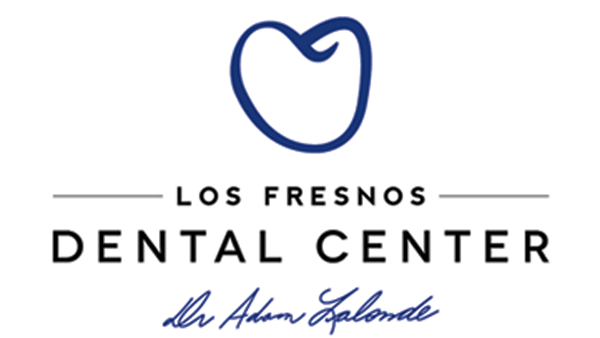- South Texas Students Meet Accordion Music Icons Los Tigres Del Norte In Edinburg Thanks To Khs America/Hohner Alianza Académica Initiative
- Fragile Planet Offers a Nighttime Wildlife Experience
- Falcons Soccer Off & Running
- Cameron County Receives Funds to Improve Two Parks
- Falcons Complete First Half of 32-6A
- School District to Help out Victims of California Wildfires
- Sand Castle Days Continued Despite Unexpected Weather
- Ready for District
- Discussion of Garbage Dumpster Rates, Agreements Between State & City on Highway Regulations, and More
- 31st Annual Shrimp Cook-Off is Right Around the Corner
Dealing with “Dry Mouth”
- Updated: October 17, 2014
Q: How do I know if I have a condition called
‘dry mouth?’
ANSWERED by DR. ERIC VALLE:

Dr. Eric Valle
Everyone’s mouth feels dry from time to time, but if you have a dry mouth all or most of the time, it may indicate
that you have a problem with saliva production called Xerostomia or dry mouth. Dry mouth means you don’t have enough saliva or spit to keep your mouth moist. Without adequate saliva
to lubricate your mouth, wash away food, and neutralize the acids produced by plaque, extensive
cavities can form, so dry mouth should not be ignored. Reduced saliva flow that results in a dry mouth is more common among older adults, and often a side effect of medications such as antihistamines,
diuretics, pain killers and medicines for high blood pressure. It may also be caused by medical disorders like diabetes or cancer. Symptoms
of dry mouth include a dry feeling in your mouth and throat, trouble swallowing, a burning
sensation on your tongue, reduced ability to taste things, a metallic taste in your mouth, mouth sores, or frequent bad breath. If you suffer from dry mouth your dentist can recommend various methods to help restore moisture. Saliva substitutes
or specially formulated mouthwashes are among the recommendations that he or she might make to bring you relief. Additional information on this subject can be found at www.ada.org or at www.colgate.com.

